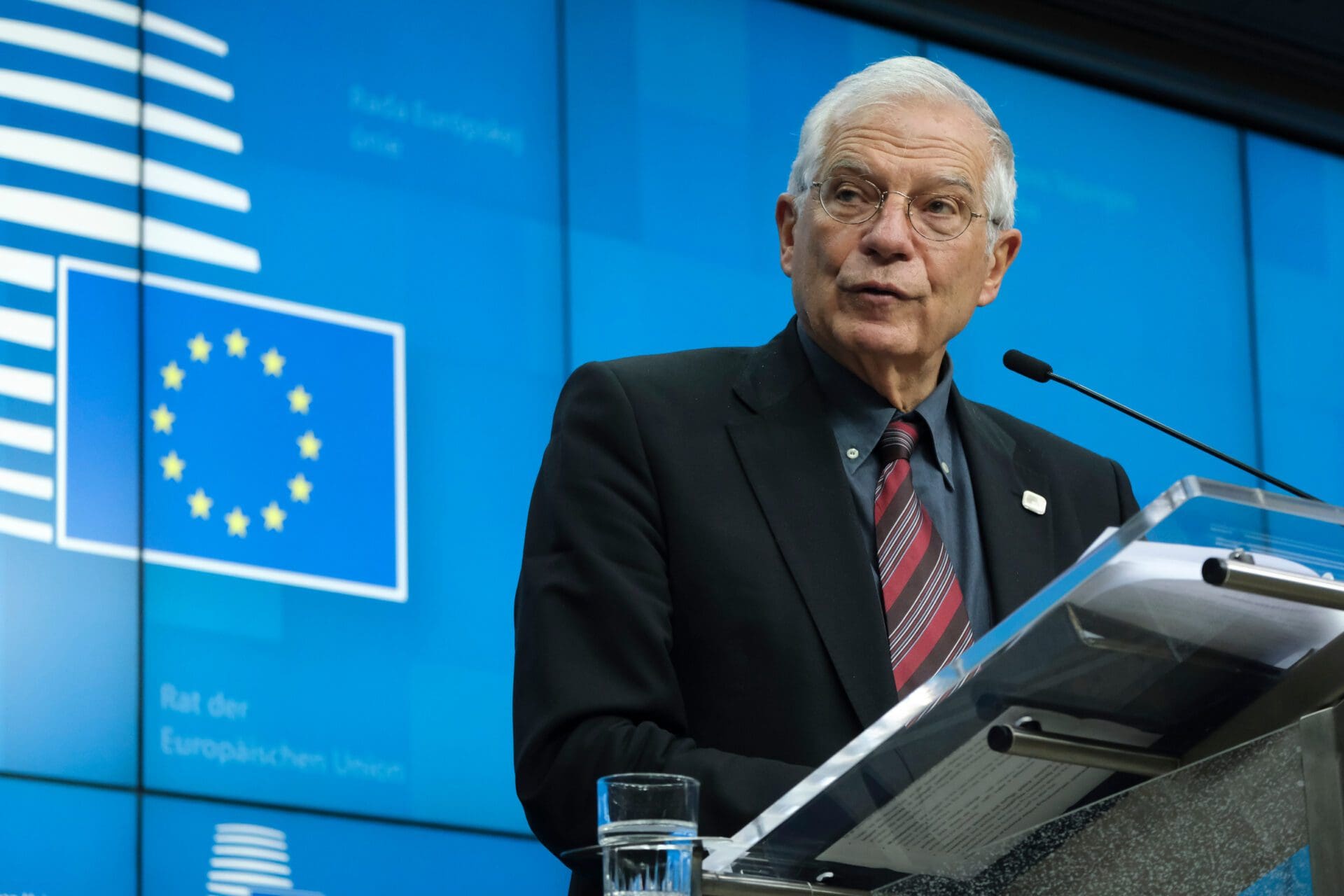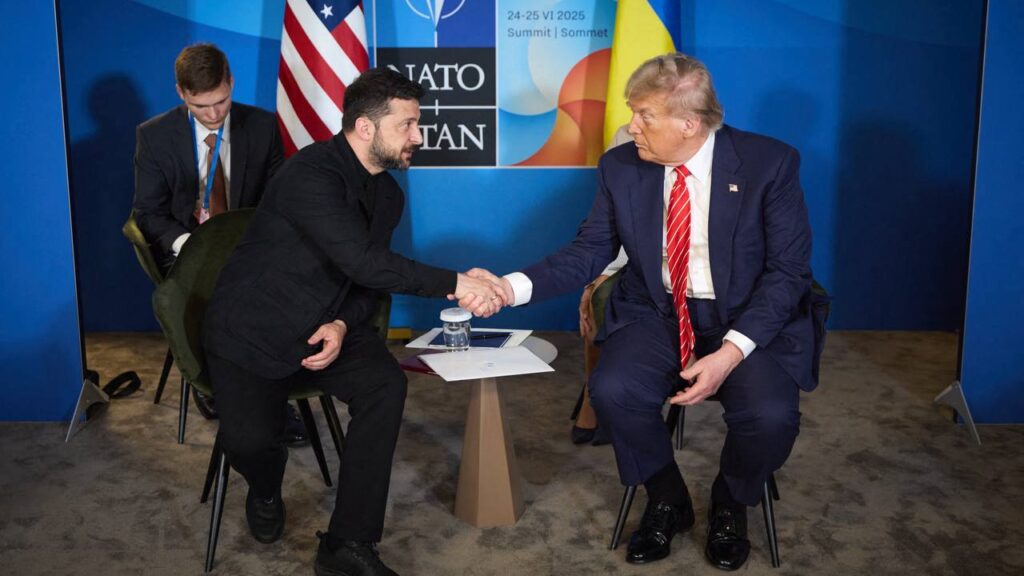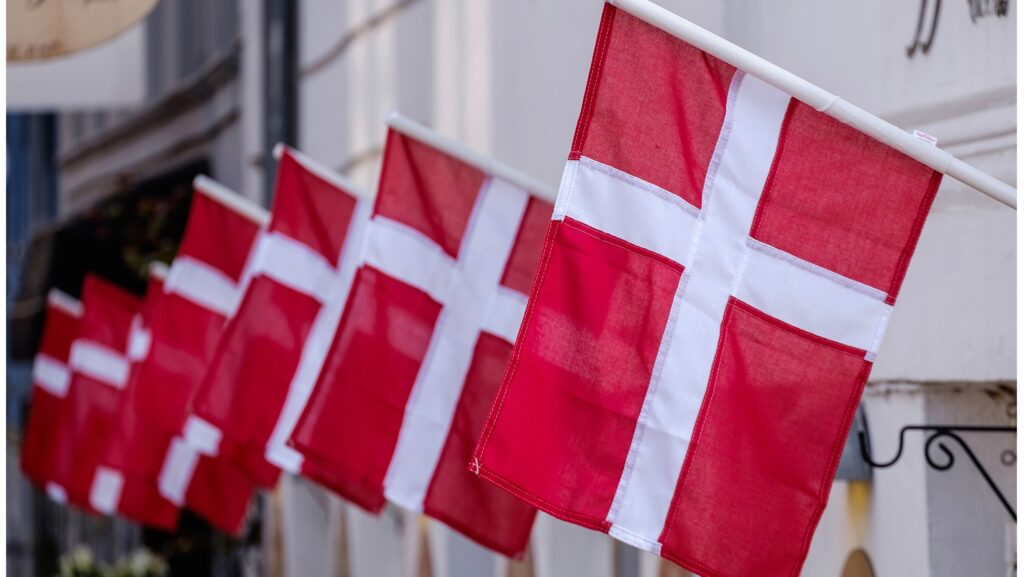Sanctions Policy Continues
The 27-nation bloc has imposed six rounds of sanctions since the war broke out on 24 February this year. The measures were directed, among others, against banks and energy suppliers, and more than Russian 1200 officials were targeted with travel bans or asset freezes. In the past, it might have taken EU countries years to come to such decisions; this time, it took the EU just over three months—the sanctions were basically implemented at light speed. However, the consequences of the sanctions also hit Europe. With the COVID-19 pandemic having already done significant damage to the continent’s economy, and inflation soaring to unseen heights, natural gas and electricity costs, skyrocketing as a result of the war and the sanctions, are now adding to economic woes.
Most recently, the news that Russian-controlled regions in eastern and southern Ukraine intend to hold referendums on joining prompted the EU to take action once more. A new sanctions package has been proposed, but many fear that if the sanctions are indeed imposed, it will result in Moscow further escalating the conflict, on top of Putin’s recent decision to draft 300,000 reservists.
No Consensus Among Members States
High Representative of the Union for Foreign Affairs and Security Policy Josep Borrell said on Wednesday that ‘Russia, its political leadership, and all those involved in organizing these ‘referenda’ as well as in other violations of international law and international humanitarian law in Ukraine will be held accountable. Additional restrictive measures against Russia will be brought forward as soon as possible in coordination with our partners.’ Borrell made the statement after presiding over an extraordinary meeting of EU foreign ministers in New York, on the sidelines of the UN General Assembly.
However, Brussels officials’ political statements are the simple part. In reality, it has been extremely hard to reach consensus on new sanctions policies lately. Defeating energy interests has proved to be particularly challenging. Hungary has taken the lead in opposing sanctions that could affect its access to Russian commodities. Although the last set of sanctions was announced on 4 May, a final agreement wasn’t reached until four weeks later, due to disagreements over oil imports. Instead of a fresh set of sanctions, a ‘maintenance and alignment’ package was agreed upon in July, mostly to fill gaps in previously agreed-upon measures. One of the additional 54 individuals whose assets were frozen was the mayor of Moscow, and Sberbank, a significant Russian financial institution, was also a target.
The New Package
But technical progress on a seventh package has been made according to Borrell, who, responding to questions from reporters in New York about possible developments, remarked that ‘The sanctions will specifically target new sections of the Russian economy, notably — if I can be a little more precise — the ones that deal with technology. I am certain that we can come to an agreement on the new sanctions package,’ he confirmed.
The head of the EU’s executive branch, Ursula von der Leyen appeared equally resolute, but was not much more forthcoming.
‘We stand ready to impose further economic costs on Russia and on individuals and entities inside and outside of Russia…Plus we will propose additional export controls on civilian technology as Russia moves to a full war economy,’ she told CNN. The new round of sanctions should be proposed by the European Commission in the upcoming days, although whatever is ultimately decided upon is probably going to be less aggressive. In the upcoming weeks, the 27 EU member countries may debate and agonise over further restrictive measures, and possibly not until after the referenda have taken place.
The Hungarian Position
The Hungarian government and the majority of Hungarians oppose the sanctions policy of the EU. The government’s position is that sanctions hurt European countries economically significantly more than they hurt Russia. Hungary largely relies on Russian gas imports, so new sanctions affecting Russian energy supplies would further exacerbate the already existing energy crisis in the country. Foreign Minister Szijjártó confirmed in an interview with public Kossuth radio this morning that Hungary’s energy security ‘is the red line’ for the government, and stated that Hungary ‘will not consent to any decision that would endanger Hungary’s national interests.’
Despite the energy sanctions already in place, Hungary has managed to fill its gas storage sites to levels that secure sufficient energy for the winter. In addition, the government also implemented new measures regarding firewood and coal to allow people to use alternative heating sources during the cold season.
The main point to take away from recent events in the EU is that now it is not only Hungary that opposes the sanctions, but quite a few other member states as well. Even those who supported sanctioning Russia at the start of the war are now beginning to form different opinions as they are confronted with the dire economic consequences.








